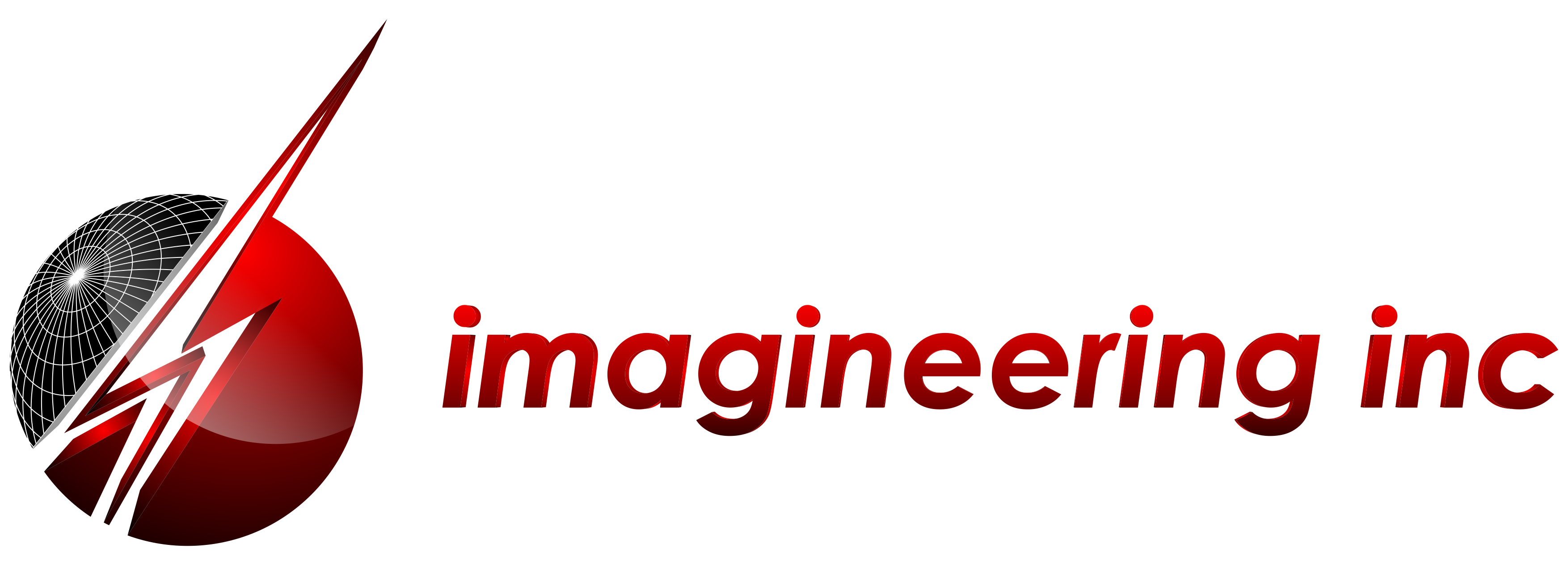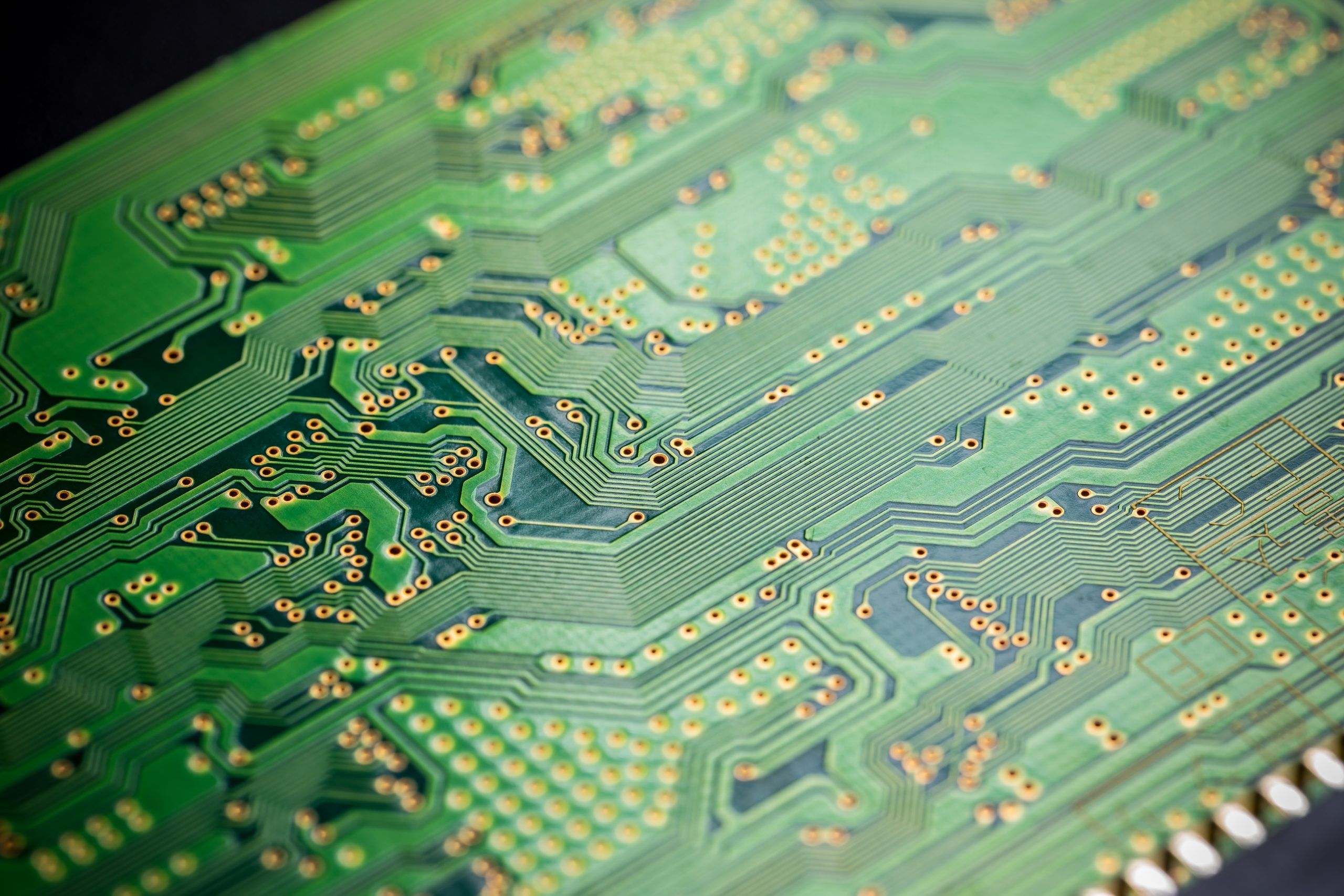In 2021, shortfalls in the global supply chain for semiconductor chips cost the U.S. automotive industry $210 billion in lost revenue and 7.7 million vehicles in production. In the wake of these and other supply chain-induced losses, U.S. consumers and manufacturers are weighing the long-term pros and cons of relying on a globally distributed supply chain for critical electronic components such as printed circuit boards (PCBs).
Today, we’ll compare offshore vs. USA PCB assembly to help organizations make informed decisions by breaking down assembly differences in cost, quality, risk, and time to market.
How Does PCB Assembly Differ Between Domestic and Offshore Companies?
The PCB assembly process varies between domestic and offshore companies regarding cost, materials, facilities, quality control, and communication.
- PCB Facilities: China, Taiwan, South Korea, Japan, and a handful of Southeast Asian countries account for 89% of PCB production worldwide and possess the lion’s share of manufacturing facilities, PCB assembly houses, and mid-tier components.
- PCB Designs: U.S. engineering firms are responsible for most PCB designs and hold most of the intellectual property rights for PCB technologies.
- PCB Materials: Copper, resin, and glass are used, with one-third of copper coming from Chile/Peru, the top three resin producers are US/Germany/Japan, and China is the top glass producer, but prices vary slightly globally.
Comparing Costs: Are Domestic or Offshore PCB Assembly Services More Cost-Effective?
During the rapid shift to globalized manufacturing in the 90s, lower labor costs drew significant U.S. manufacturing overseas.
Today, developments in manufacturing technologies and vulnerabilities in the global supply chain complicate bottom-line comparisons of domestic and outsourced PCB assembly costs.
Some of these complications include:
1. Labor Costs
Manufacturing labor costs in China are $6.5 hourly and roughly half that in Southeast Asian countries like Vietnam and Thailand. Manufacturing hourly wages in the U.S. currently average $25.93.
2. Foreign Assembly is Only More Cost Effective at Scale and With Lead Times
While U.S. companies can still find cheaper labor costs overseas, total costs for outsourcing range up and down unpredictably according to variable costs in the supply chain, such as fuel and shipping.
Additionally, outsourcing PCB assembly services come with many associated fixed minimum costs, such as insurance, legal expenses, and container rates. For these reasons, the lower cost of offshore labor only reliably translates to lower total costs at significant production scales.
3. Shipping Costs
Container freight rates for shipping between Asia and the U.S. have swung wildly over the last three years, mainly due to many Asia-based assembly and production facilities closing in 2020-2021 due to COVID-19 restrictions.
The resulting gaps in the supply chain caused freight rates to spike 600% by March 2022. Although shipping costs have begun to renormalize in the interim, oil prices remain volatile, and many shipping companies will continue to hedge their rates against uncertainty.
4. Prototyping and Batch Assembly
Prototyping often involves multiple iterations to find the best design. Therefore outsourcing is not ideal for this type of task. Shipping several prototypes intercontinentally is ineffective in costs and added time, whereas PCB prototype assembly services in the U.S. may offer fewer than 24 hours turnaround times.
Similarly, manufacturers who use batch assembly or just-in-time inventory methods incur higher costs with offshore services and expose their operations to repeated shortfalls.
Quality Control and Reliability: Do Domestic or Offshore Services Provide Higher Quality?
Domestic PCB assembly services ensure higher quality and reliability through certification transparency and a shared legal system. The IPC (Association Connecting Electronics Industries, formerly Interconnecting and Packaging Electronic Circuits) is a trade association that maintains standards and certifications for PCBs. For PCB assembly service providers, the most qualifying certification is IPC A-610.
IPC A-610 Certification
IPC A-610 certification is a condition of employment in the medical, aerospace, and military PCB manufacturing industries. PCBs manufactured to this standard adhere to the highest standards of quality and reliability.
While some offshore PCB assembly companies have IPC certification, businesses that work with them do not have the same legal recourse options for substandard production quality as they do when partnering with domestic service providers.
Confidentiality of Intellectual Property
PCB assemblers are legally obligated to maintain the intellectual property rights of their contracted partners. However, U.S. companies cannot reliably expect to secure legal standing and court action against international service providers who leak intellectual property.
Time to Market and Turnaround Speeds: How Do These Differ Between Domestic and Offshore Services?
Most offshore PCB assemblers are located in Asia and ship to the U.S. across the Pacific. Due to bottlenecks in ports and higher-than-anticipated oil prices, the average trans-Pacific shipping time has ballooned several times in the last few years.
Between January 2020 and January 2022, the average number of days eastbound container ships took to transit the Pacific rose from 125% from 51 to 114. As of February 2023, eastbound shipping times hover around 75-80 days.
On the other hand, domestic assembly services located in the continental U.S. require a maximum of 7-10 days shipping time at the upper end in coast-to-coast scenarios. For assembly services in the same state, delivery times are even shorter.
Choosing the Best Option – Why Location Matters
While reduced labor costs for offshore PCB assembly services may appeal to some manufacturers upfront, it’s clear that location ultimately affects bottom-line costs through highly variable shipping costs, fuel costs, and volatility in the supply chain.
Outsourcing also incurs additional risks to:
- PCB Quality: U.S. manufacturers may experience difficulty holding international service partners accountable for any lapses in quality. Operating inside a single legal system mitigates much of this risk.
- Intellectual Property: Manufacturers have limited legal recourse when international service partners leak confidential intellectual property intentionally or through faulty information security practices.
- Fulfillment: Even with long lead times and large order volume, relying on overseas assembly services exposes manufacturers to fulfillment shortfalls. Domestic services eliminate the risks associated with shipping times and adverse political events.
U.S.-Based PCB Assembly Service and Expertise with Imagineering Inc.
Imagineering Inc. is a top PCB assembly company with facilities in Illinois and Texas. With IPC and AS9100D/ISO9001:2015 certifications, our experts offer top-notch full-turnkey services with remarkably fast turnaround times. If you are looking for a dependable U.S.-based PCB assembly partner, consider Imagineering Inc.
Contact Imagineering today to speak with one of our sales team members and receive a custom quote.


